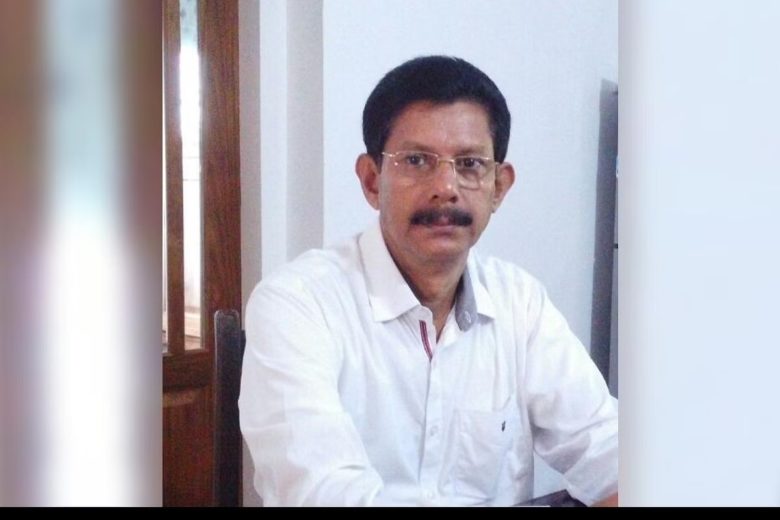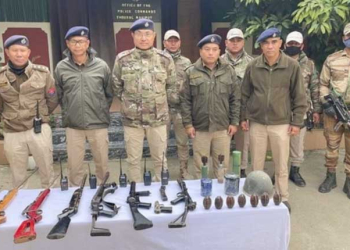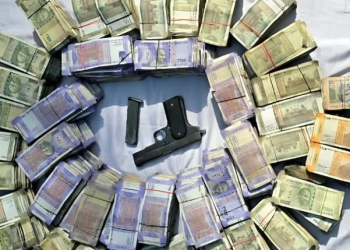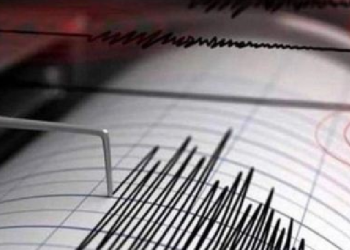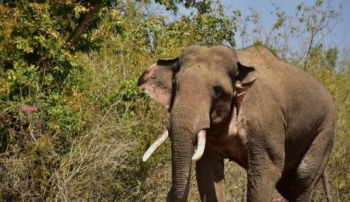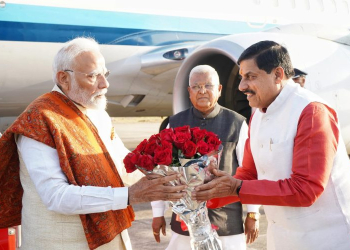Thiruvananthapuram: Life was smooth for Prof T.J. Joseph who was teaching the Malayalam language at New Man College, Thodupuzha in Kerala.
It all changed one morning when he along with his family was returning home on July 4, 2010, after attending the Holy Sunday services at a nearby church in his hometown Muvattupuzha. A group of eight men in an Omni van waylaid him, blocked his car, dragged him out and chopped off his right palm.
The reason: He had set a question paper for the second year B.com students of Newman College in which the Islamists claimed he had used derogatory words against Prophet Mohammed. The dastardly act that shocked the state was committed by the Popular Front of India activists after the alleged verdict of an illegal court functioning in Erattupetta in Kottayam district.
Life took a turn for the worse for Joseph, who was sacked from the college by the Christian management. His wife, Salomi committed suicide in 2014 leaving him shattered.
His autobiography, “Attupokatha Ormakal” (Unforgettable Memories) is a hard account of what he had undergone in life and won the Kerala Sahithya Academy award. It has been translated into English, “A Thousand Cuts: An Innocent Question and Deadly Answers”
After the Central government imposed a ban on the PFI for five years with the Kerala police sealing its offices and almost all its top leadership behind bars, Joseph spoke to IANS in a short interview. He was not keen to speak much.
IANS: What is your opinion about the Government of India’s ban on the Popular Front of India?
Joseph: I was a victim of their action on July 4, 2010, as you all know and how can a victim speak on the matter. If I was an ordinary citizen, I have clear viewpoints on the same. I don’t have much to comment about the ban imposed on the Popular Front of India by the Government of India. At times it is better to keep silent and many of the victims of the Popular Front’s attacks are not alive now and in solidarity with them, I am also not speaking.
They can’t speak and similarly, I am also keeping quiet. However the Government of India’s was a political decision, something related to national security and it is better for political leaders, organisations, and others to speak on the same.
IANS: After the Popular Front was banned, there is an ecosystem developing in Kerala and the rest of the country that the PFI and RSS are two sides of the same coin and the RSS should also have been banned. Your comment.
Joseph: How can you equate a nationalist organization like the RSS with the Popular Front of India? The RSS is a nationalist organization with a fierce love for the country, with its culture and its yearning to make our great nation one of the best in the world.
The Popular Front is having a different viewpoint and everyone knows what they have done here. The charge sheet given during the ban is itself a clear pointer as to what they were up to.
IANS: You were not in India and to my knowledge you were in Ireland. What was the programme there?
Joseph: I was in Ireland with my daughter and came back a few days ago. I had addressed more than ten short gatherings in Ireland. In fact, they were gatherings of Keralites in Ireland. While coming back, I attended five meetings in the United Kingdom also.
IANS: Do you feel that the ban on the PFI will reduce the extremist nature of such a group of people?
Joseph: The Government of India has banned that organization for specific reasons that may be related to national security. If the government and other agencies keep a proper tab on the activities of such people, then the possibility of regrouping is much less.
(IANS)



